2019
With Roots in Space Travel, Wearable Tech Comes Full Orbit


You’ve just finished a tough workout, and at a glance, your smart watch tells you your heartrate, the calories you’ve burned, and can alert you if it detects that you have an irregular heartbeat. Devices like these have become . . .
2020 TSRQ1 – Economy: New Nations in Space

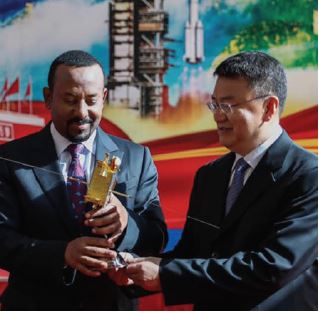
Since 2012, there has been a significant uptick in the number of developing nations entering the space community annually. From 1957 until 2011, the average number of countries entering orbital space per year was two. Between 2012 and 2019, the average number of countries entering space annually increased to four.
2020 TSRQ1 – Economy Insights: Commercial Activity on the International Space Station
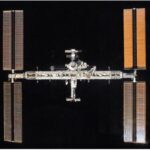
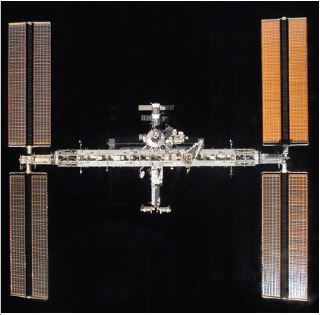
This year marks the 20th anniversary of human habitation on the International Space Station (ISS). That sustained success means NASA and the ISS U.S. National Laboratory, which share American resources on the orbiting facility, have transitioned from merely supporting life in space to . . .
2020 TSRQ1 – Infrastructure: Orbital Launch Vehicle Overview

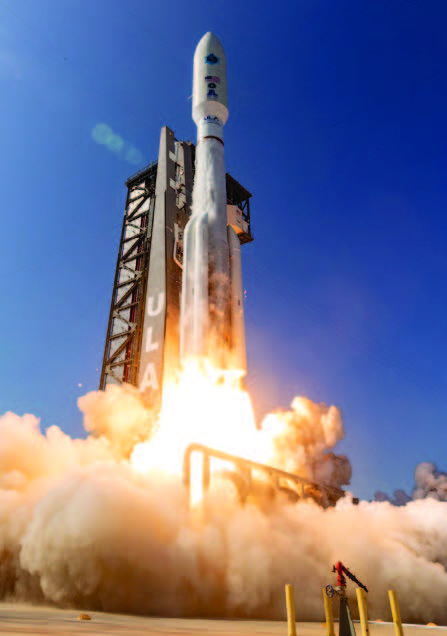 2019 Orbital Space Launch Activity Launch vehicle activities, despite the colloquialisms about rocket science, are routine enough that, on average, two launches occurred per week last year. Seven countries attempted…
2019 Orbital Space Launch Activity Launch vehicle activities, despite the colloquialisms about rocket science, are routine enough that, on average, two launches occurred per week last year. Seven countries attempted… 2020 TSRQ1 – Infrastructure Insights: Space ISAC


Our world demands new structures to organize people and utilize new technology. One of those is a public-private partnership. . .
2019 TSRQ4 – Insight: Space Jobs of the Future

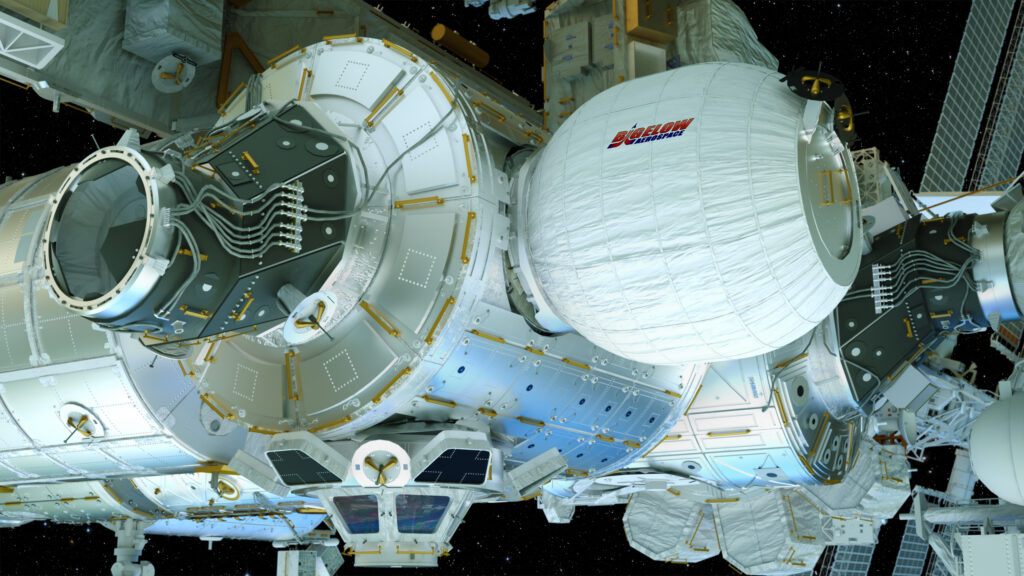
The late Dr. Clarke, popularly known for authoring the cinematic space classic, “2001: A Space Odyssey,” was known for his technical prowess (he conceived the geostationary satellite) but also for his compelling optimistic vision for space development. . .
The S-Network Space Index℠ Q4 2019 Performance
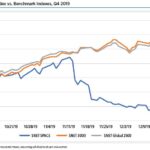
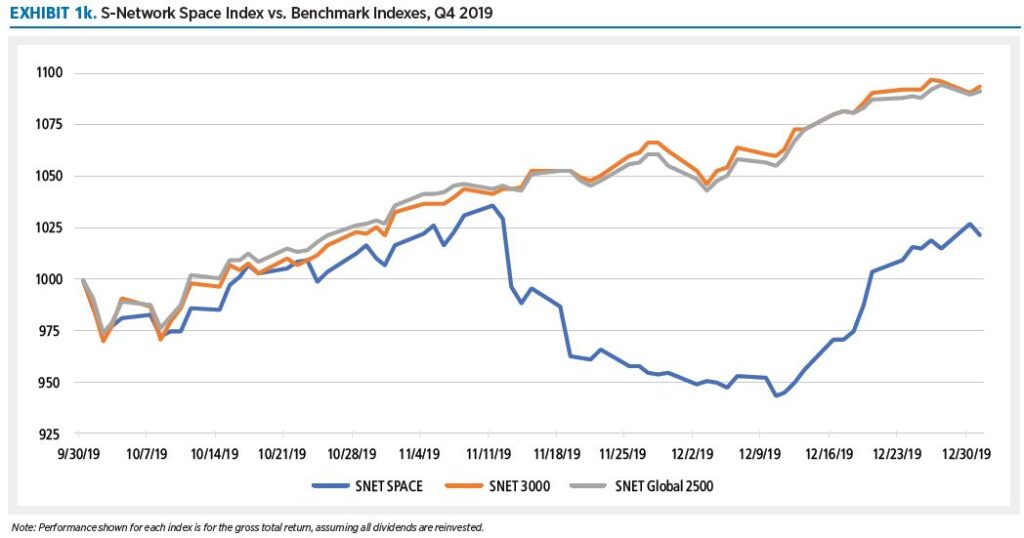 Introduction | The S-Network Space Index tracks a global portfolio of publicly traded companies that are active in space-related businesses such as satellite-based telecommunications; transmission of television and radio content…
Introduction | The S-Network Space Index tracks a global portfolio of publicly traded companies that are active in space-related businesses such as satellite-based telecommunications; transmission of television and radio content… 2019 TSRQ4 – Space Products & Innovation


We owe much to the technologies developed in the pursuit of space exploration. From handheld vacuums to GPS technology and camera phones, inventions originally engineered to use in space are increasingly being adapted to serve practical purposes in our daily lives. One of the more unlikely adaptations of space technology may be that of . . .
2019 TSRQ4 – Space Policy


In 2018, significant policy developments helped shape the future space economy. At the international level, the United Nations Committee on the Peaceful Uses of Outer Space (COPUOS) released its . . .
2019 TSRQ4 – Economy: Venture Capital and Investment
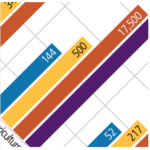
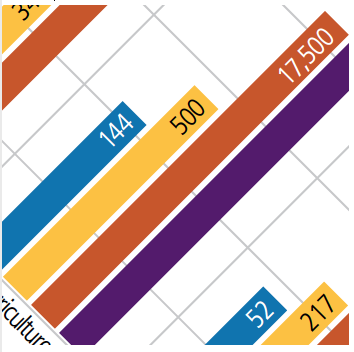 In the last 10 years, more than $24.6 billion has been invested in space companies, with more than 20% of that total coming in 2018, according to Space Angels, an…
In the last 10 years, more than $24.6 billion has been invested in space companies, with more than 20% of that total coming in 2018, according to Space Angels, an…